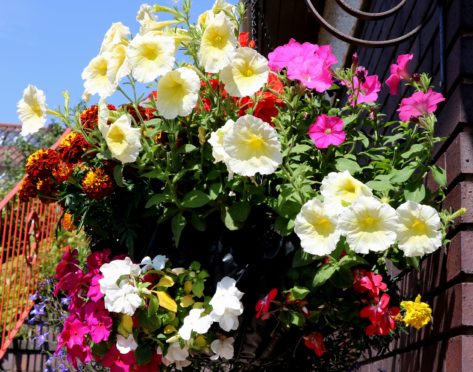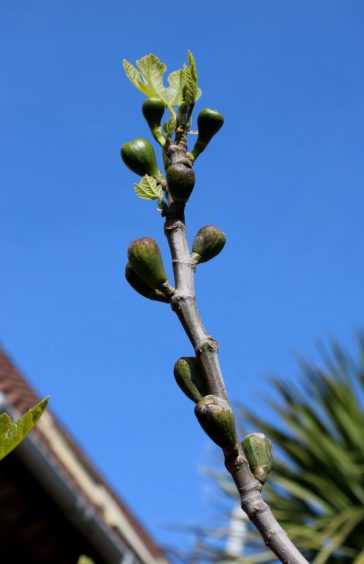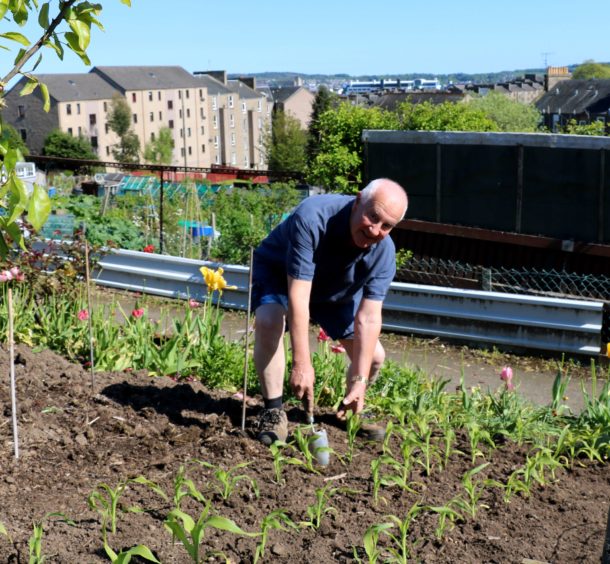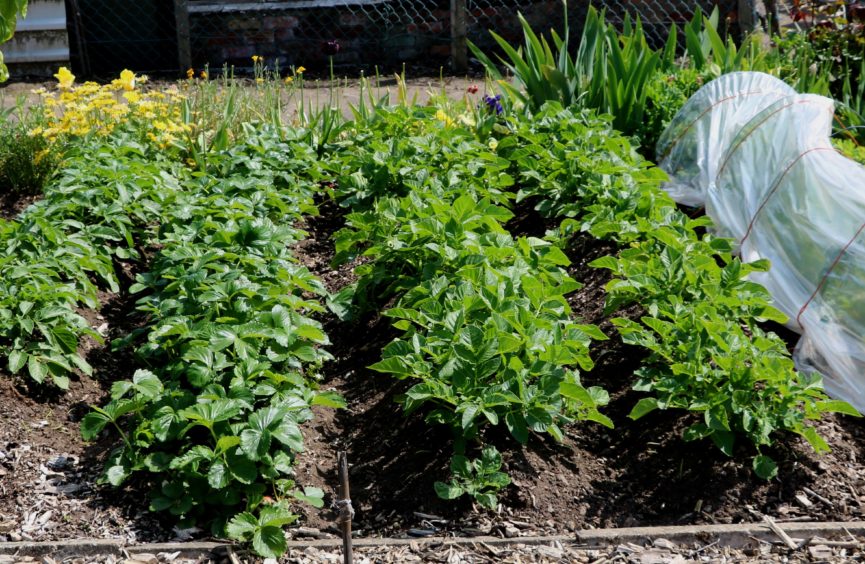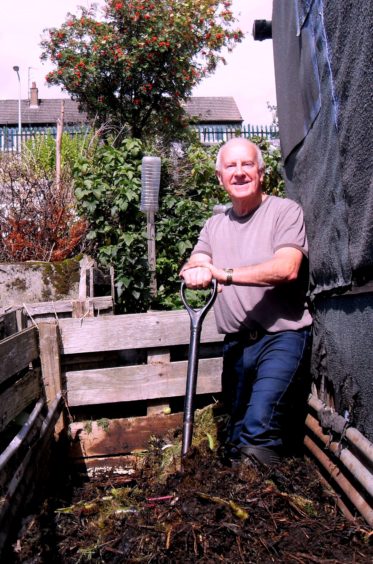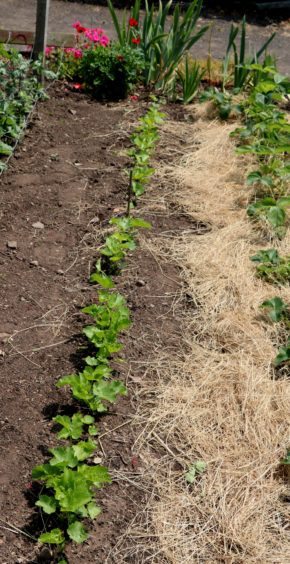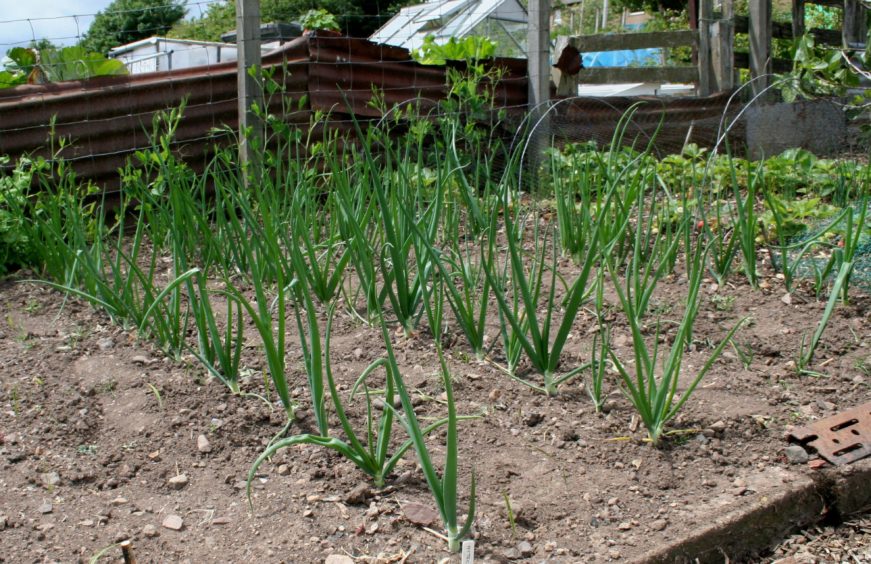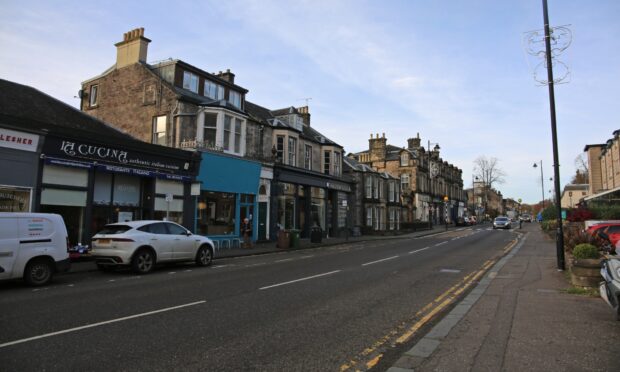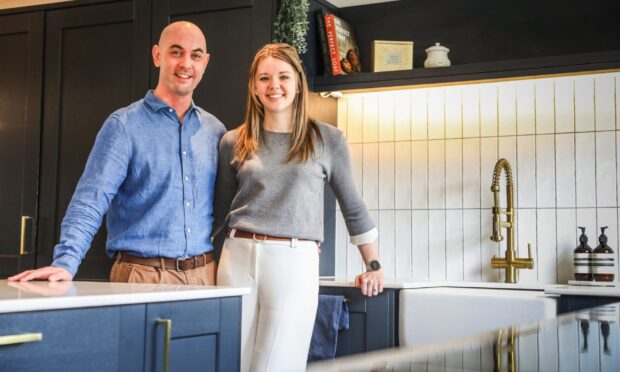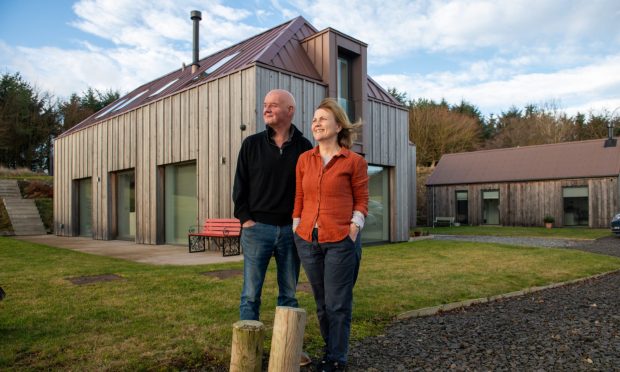It may only be mid May, but summer has arrived.
Hope it is still with us when this goes out in print.
Both garden plants and gardeners are having a great time.
There has been some rain, but not enough for good plant growth so the hose has been in constant use.
This brilliant weather brings back memories of 1975, which was a fantastic summer, only to be followed by 1976 which was even better.
Summer last year may have been late in arriving but then tropical weather for the rest of the summer and into autumn made up for it.
So it would be nice to see how this year compares to 2018.
Last year the absence of spring held back plants by three weeks.
I picked my first strawberries on 11th June, but this year the first strawberries were ripe for picking on 11th May, a good four weeks ahead of last year.
Mind you this is the early strawberry Christine grown under a low polythene tunnel. It is a lot of work, but the rewards of those first ripe berries makes it all worth while.
The tulip show this year was fantastic and lasted for weeks.
This year’s star performer was tulip Strong Gold which was in flower for nearly a whole month.
However, the early warm spell gave greenfly a boost so they became a problem on roses, blackcurrants, gooseberries and plums which were infested by the rosy leaf curling plum aphid.
Figs have started into growth, and although the book tells us to remove last year’s unripe figs, I have left mine on as many will develop into an early crop of figs.
Rhubarb was quick into leaf and flower spikes soon appeared. Remove these as soon as possible usually in early May so the first stems are ready for a rhubarb crumble by mid May.
Potatoes got a great start as my chitted spuds were well advanced and never looked back.
Earthing up had to be done regularly from late April onwards as frost was always threatened, but fortunately never appeared.
They look so promising that I think I will be ready to lift a trial shaw of first early, Casa Blanca by the end of May.
Chrysanthemums grown from cuttings were prolific this year as the old stools had plenty growth with the mild winter, so I had more than I needed and plenty to give away.
Some spare plants got planted as an interplant between a couple of rows of cauliflower to see if they are happy together occupying different height requirements.
My normal block of chrysanthemums is a bed of three rows and since they have a wide spacing I am trying a batch of quick growing lettuce Lollo Rossa in between the rows.
The lettuce was sown in the greenhouse several weeks ago.
Broad beans planted in early April have put on a lot of growth so staking is necessary to prevent them falling over.
Check regularly for signs of the pea and bean weevil which cuts notches around the leaves and can be a real pest.
If you are careful you can spot them and catch them for crushing before they drop to the soil.
Onions are well established and just love the heat, but unfortunately need watering in the dry weather.
Fingers crossed that this doesn’t lead to a white rot infection.
Peas, leeks, parsnips, turnip, lettuce, rocket and spring onion all grown from seed have now all germinated so need watering to keep them growing and need weeded regularly.
Areas allocated for pumpkins, courgettes and sweet corn were all sown with a green manure crop.
This is now ready for digging in a few weeks ahead of planting.
The compost heap has been growing bigger with kitchen waste, old spring bedding plants, withered bulb leaves and residues from last year’s crops so it is a good time to give it a turn over to help break down plant materials.
Wee jobs to do this week
Hanging baskets for a summer display can now be made up with geraniums, petunias, trailing lobelia, bizzie lizzies, fuchsias and trailing tuberous begonias, although for something different why not try, trailing tomatoes or strawberries.
I keep mine for a few weeks on a large flower pot till it is well established before lifting it in place on sturdy wall brackets.
